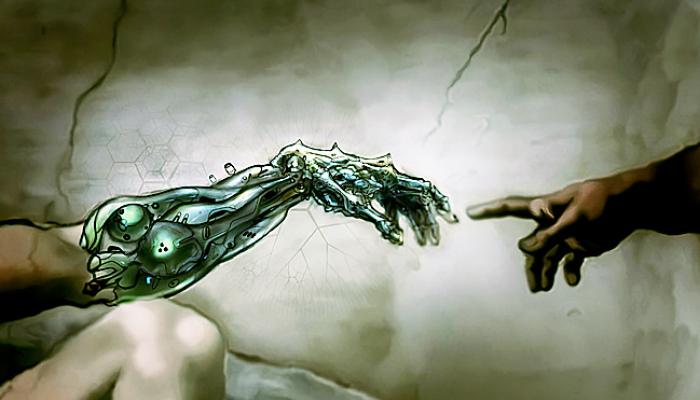Immortality and Memory
A Postgraduate Conference organised by the Postgraduate Memory Network hosted by the University of Wolverhampton, UK
Thursday 14 June 2018
Confirmed Keynote Speakers: Sebastian Groes (Wolverhampton) and Nick Lavery (Roehampton)
The human condition is based on the fact that our time on earth is limited. But perhaps not for much longer: new advances in science and technology aim to create biological and virtual immortality. Research companies such as SENS, Forever Healthy, BioViva but also HelixNano and Google are trying to find ways to undo the ageing process. They treat aging no longer as a characteristic of the human experience, but as a curable disease that can be countered via damage repair processes. At the same time, tech companies are also able to digitally replicate personalities through mass data capture. This type of ‘brain dump’ will enable the creation of a simulated mind that continues to behave and communicate one behalf of it owner after biological death. Some futurists fantasize about mind uploading whereby the self is transferred to a computer.
Whether or not we will actually be able to create eternal life on earth will remain to be seen, but its prospect poses a plethora of new questions. This conference focuses on the relationship between immortality and human memory, and explores the implications for conceptualisation of memory when humans no longer have a definite expiry date.
We invite proposals for 15-minute speculative presentations, position papers or creative contributions. Questions that could be considered could include, but are not limited to, the following:
- What (new) types of memory are generated when the self is not located in a body but in a computer or robot?
- If we’re immortal, and we no longer need to control and manipulate our posthumous image and reputation, what is the impact on individual and collective memorialisation?
- If we live forever, will this weaken our ability to remember?
- How does immortality affect processes of forgetting?
- What is the impact on the ’forwardlooking’ nature of memory when the future is limitless?
- How does the current obsession with longevity impact upon legal issues such as inheritance?
- How does immortality impact on concepts such as the reminiscence bump, Flash Bulb Memory, and information overload?
- What would impact of the unlimited acquisition of skills and knowledge be on the fallibility of memory?
- How will the role of memory in shaping the self change in the light of immortality?
- What new temporalities does the prospect of immortality afford memory?
- What are the implications of immortality on traditional, human-shaped (Aristotelian) poetics and religious narratives?
- What new complexities are emerging for the shaping of memory of the self biological and virtual memories?
- What can immortal figures in art (vampires, Dr Manhattan in Watchmen, Borges’s The Immortal, Black Mirror) teach us about the effect of immortality on memory?
We encourage multidisciplinary co-presentations and/or multidisciplinary panels. When submitting a proposal, please include a title; an abstract of ca. 150 words; a short bio. Proposals can be sent to: immortalityandmemory@gmail.com
The University of Wolverhampton offers bursaries for the first twenty delegates; they will be allocated on a first-come-first-served basis.
Accommodation can be booked via the University of Wolverhampton conferencing website: accommodationservices@wlv.ac.uk
Deadline: 31 May, 2018. We will accept contributions on a rolling basis, with a final acceptance notice by Monday 4 June, 2018.
Conference organisers: Sally Roberts (Edinburgh), Nick Lavery (Roehampton), Sebastian Groes (Wolverhampton).

